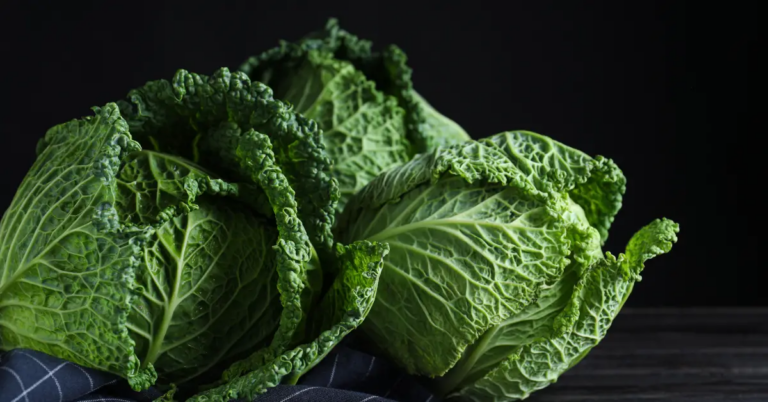Have you ever wondered why you’re the only one still hungry after a pizza party? Do you find yourself looking for snacks a few hours after a major holiday meal? If you find you are hungry all the time, science might have the answer. According to a new study, dips in blood sugar after eating could lead to those feelings of hunger not long after mealtime. (1)
Hungry All The Time Study
The King’s College London, and health science company ZOE, set out to find out what causes some people to find weight loss difficult even when on a calorie-controlled diet. The team collected blood sugar response data in hand with other markers of health after subjects ate a standardized breakfast as well as their own choice of meals for two weeks. This totaled over 8,000 breakfasts and 70,000 meals. (1)
Breakfasts for the study consisted of muffins containing the same calories but with different mixes of carbs, protein, fat, and fiber. The team then measured how the subjects processed sugar using a fasting blood sugar response test with stick-on continuous glucose monitors (CGMs). These monitors measured blood sugar levels throughout the two weeks including during sleep. A phone app was used to record hunger levels while recording what and when subjects ate. (1)

Blood Sugar Peaks
Past research focused on the peaks that show how blood sugar levels rise and fall after eating. In this new study, the team found some subjects had ‘sugar dips’ 2-4 hours after their initial peak with levels rapidly dropping below baseline before coming up again. In those with these notable dips, there was a 9% increase in hunger. As a result, they averaged a 30-minute or less shorter wait before they ate their next meals compared to those with less notable dips. (1)
The same subjects experiencing bigger dips ate 75 more calories in the 3-4 hours after breakfast and over the course of the day an average of about 312 calories more. Over a year, this could translate into as much as 20 pounds of added weight. (1)
Insight For Those Feeling Hungry All The Time
“It has long been suspected that blood sugar levels play an important role in controlling hunger, but the results from previous studies have been inconclusive,” says Dr. Sarah Berry from King’s College London. “We’ve now shown that sugar dips are a better predictor of hunger and subsequent calorie intake than the initial blood sugar peak response after eating, changing how we think about the relationship between blood sugar levels and the food we eat.” (1)
According to team study lead Professor Ana Valdes from the School of Medicine at the University of Nottingham even a few hundred extra calories a day can lead to several pounds of weight gain each year. “Our discovery that the size of sugar dips after eating has such a big impact on hunger and appetite has great potential for helping people understand and control their weight and long-term health,” she says. (1)

Keeping Tabs On Hunger
While there was no correlation between age, bodyweight or BMI regarding dips, the study did seem to indicate that individual differences in metabolism, in hand with the day-to-day effects of meal choices and activity levels did make a difference. This points to smart food choices to suit our unique biology could contribute to making us feel fuller so we can eat less. (1)
According to Tim Spector, Professor of Genetic Epidemiology at King’s College London, and scientific co-founder of ZOE the study could lead to an at-home nutrition and microbiome test to help people support their metabolism and gut health. (1)
If you would like to start eating healthier, check out our FREE delicious superfoods healthy recipes here.

Source:
- https://www.sciencedaily.com/releases/2021/04/210412114802.htm




















